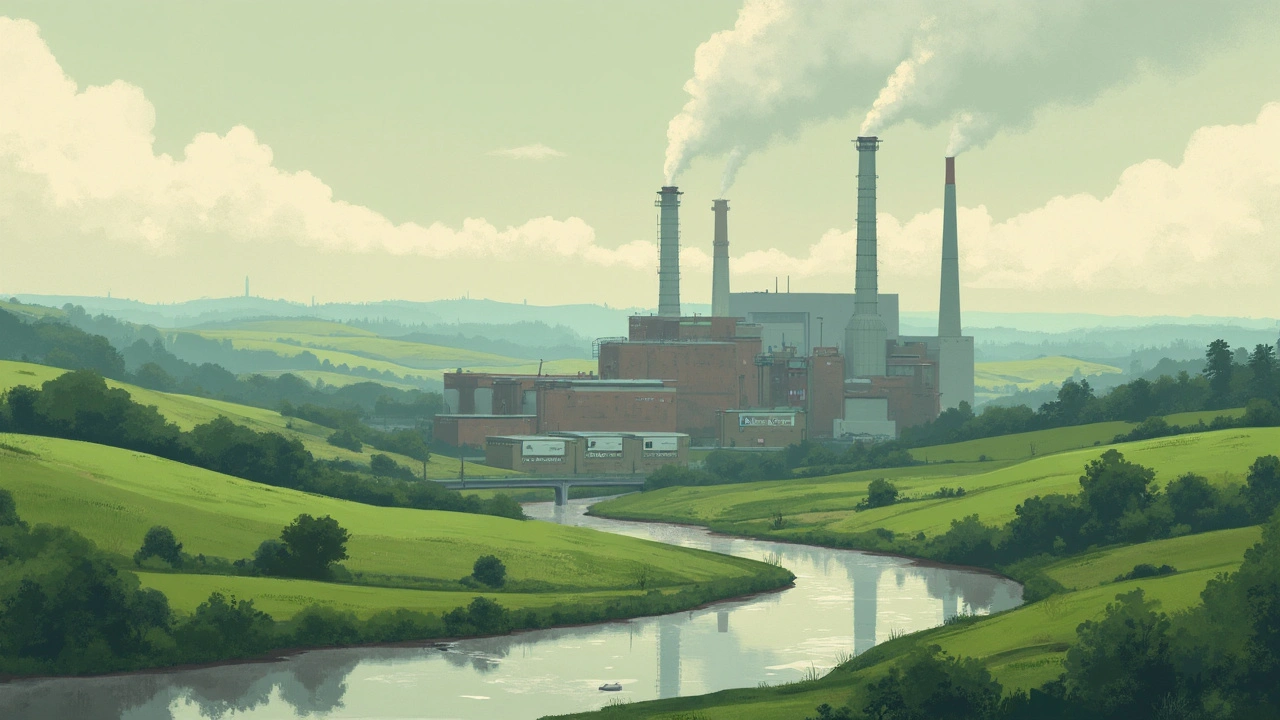Pharmaceutical Pollution: How Medicines Affect Our Environment
Ever wonder what happens to that half‑pill you toss in the trash or the leftover syrup you flush? Most of the time it slips straight into our water system. Tiny amounts of antibiotics, hormones, and painkillers end up in rivers, lakes, and even drinking water. That may sound harmless, but it’s enough to mess with fish, algae, and the tiny bugs that keep our ecosystems healthy.
Where drugs end up in the environment
When you pour a pill down the sink, wastewater plants try to clean it, but they’re not built for chemicals like pharmaceuticals. Most plants just let these compounds pass through. That water later joins rivers, and wildlife starts to absorb it. Studies show fish can get stunted growth or develop resistance to antibiotics, and tiny organisms called “micro‑plastics” can bind to drug particles, spreading them further.
Even soil isn’t safe. Farmers sometimes use treated sewage as fertilizer, thinking they’re recycling nutrients. The soil then holds drug residues, which can leach into groundwater. In some places, groundwater tests have found traces of birth‑control hormones, which can affect reproductive systems of aquatic animals.
Practical steps to cut pharmaceutical pollution
The good news? You have a few easy tricks to keep these chemicals out of the wild. First, keep unused meds in their original bottles and store them in a cool, dry place. When they’re truly expired, don’t just toss them in the trash – many pharmacies and local health departments run take‑back programs. If there’s no program nearby, you can mix the pills with coffee grounds or cat litter, seal them in a bag, and then throw them away. This makes it harder for the drugs to dissolve.
Second, avoid flushing medicines down the toilet unless the label says it’s okay. Even a small amount adds up when millions of people do it. If you’re on a liquid medication, ask your doctor if the unused portion can be returned or if there’s a safe disposal method.
Third, be mindful of over‑the‑counter pain relievers and supplements. Not every headache needs a pill, and many herbal products end up as “noise” in the water. Cutting down on unnecessary meds not only saves you money but also reduces the load on wastewater plants.
Finally, support policies that push for greener drug manufacturing. Some companies are already designing “environmentally friendly” pills that break down faster after use. When you choose brands that invest in green chemistry, you vote for cleaner water.
By storing meds properly, using take‑back services, and thinking twice before flushing, you can make a real difference. It may seem small, but when millions of people do the same, the water we drink and the fish we see in our streams stay healthier. So next time you finish a prescription, remember: how you dispose of it matters just as much as how you take it.

